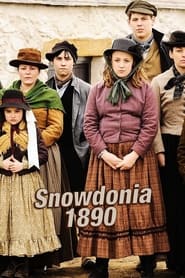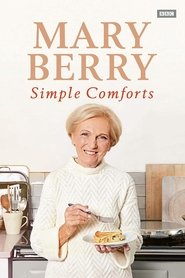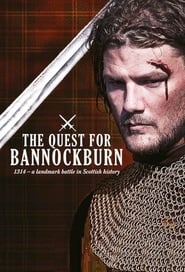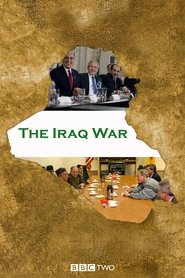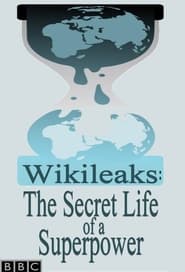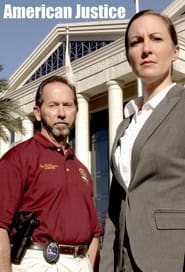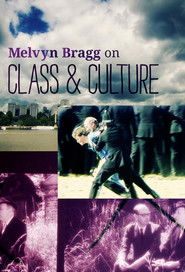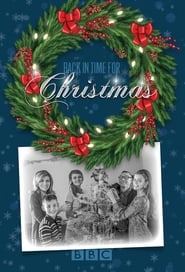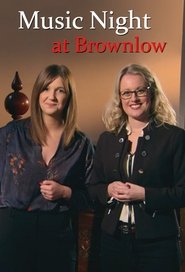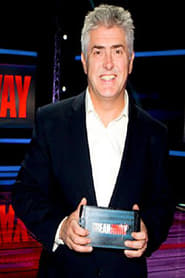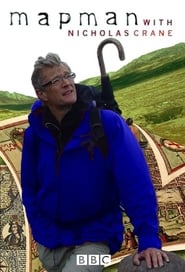Bbc Two TV Series - Page 87
-
Snowdonia 1890
2011
Snowdonia 1890
2011
Two families experience life on the hillsides of 19th-century Snowdonia. The Braddock and Jones families say goodbye to the 21st century and take their first steps into 1890. -
Mary Berry's Simple Comforts
2020
Mary Berry explores the wonderful world of simple comfort food, bringing fuss-free recipes that can warm the cockles and lift the spirits. -
World's Busiest Cities
2017
star 7.7Dan Snow, Anita Rani and Ade Adepitan reveal the hidden systems and armies of people running some of the greatest cities on earth. -
Manhunters
0000
Manhunters
0000
Manhunters was a three-part TV Drama Series that aired on BBC Two in the United Kingdom in 2005. It tells the story of three cases of man-eaters through the memoirs of those who hunted them and, in the case of the third episode, accidentally unleashed them on their community. The first tells the story of Jim Corbett, played by Jason Flemyng and the Man-Eating Leopard of Rudraprayag. The second tells the story of George Rushby and the Lions of Njombe, and the third tells the story of the Wolf of Gysinge. -
The Quest for Bannockburn
2014
700 years after one of the most significant conflicts in British history, Neil Oliver and Tony Pollard go in search of both the real and imagined Battle of Bannockburn. -
The Big Life Fix
2016
star 7The UK's leading inventors create ingenious new solutions to every-day problems and build life-changing solutions for people in desperate need. -
The Iraq War
2013
star 8Top US, European and Iraqi leaders - political and military - tell the inside story of their private talks, phone calls, deals and clashes. Former members of Saddam Hussein's regime tell - for the first time on television - just what he said to them as the threat of war grew. Over three episodes, the series gets the insiders to tell what happened at crucial moments on the road to war following 9/11, the first year after the invasion as Iraq's liberation became a US occupation and Iraq's descent into civil war. -
Wikileaks: The Secret Life of a Superpower
2012
It was the biggest information leak in US diplomatic history – over 250,000 US diplomatic messages or “cables” between the US State Department and US embassies all over the world – turned into a global sensation by the website WikiLeaks. -
American Justice
2017
American Justice
2017
An exploration of the American justice system and the complications that arise during some particularly tough cases. -
A Gift From The Sea
1987
A Gift From The Sea
1987
Go on a stunning journey through some of our most beautiful and unique places! Discover the strange world of New Zealand's limestone areas; learn about the amazing animals that live on the sand dunes of our beaches, and explore Kapiti Island, one of our oldest wildlife sanctuaries that is refuge to some of New Zealand's most unique wildlife. -
Melvyn Bragg on Class and Culture
2012
Melvyn Bragg on Class and Culture is a British documentary series about class and popular culture in the United Kingdom from 1911–2011. It is presented by Melvyn Bragg and was shown on BBC Two in 2012. -
Back in Time for Christmas
2015
star 8It really will be Christmas every day as the Robshaw family, stars of BBC2's Back in Time for Dinner, time-travel through six decades of festive nostalgia. -
Music Night at Brownlow
2017
star 5Series that captures the variety and scope of the music that is Ulster-Scots. -
Six Puppies and Us
2015
Six Puppies and Us
2015
Following six British households taking on the potentially life-changing responsibility of a puppy, tracing their stories over the course of the first year of their puppy's life. -
Rally Report
0000
Rally Report
0000
Rally Report was a series of programmes broadcast by the BBC covering the Lombard RAC Rally of Great Britain - then the last round of the World Rally Championship. It was transmitted ran on BBC2 during the 1980s and 1990s and usually featured previews, a live stage, twice nightly reports and a wrap-up compilation. The show was made at BBC Pebble Mill and later branded as Top Gear Rally Report since unusually it was not made by BBC Sport. Top Gear presenter William Woollard presented the programme from rally headquarters with Sue Baker, Barrie Gill and later Tony Mason doing the location reports on the stages. In 1987 Tony Mason joined Top Gear - first as a rally specialist and then as a major contributor. The show's theme music was "Jewelled" by Propaganda Producers: Phil Franklin and Brian Strachan, John Burkill and Tony Rayner Executive Producers: Derek Smith, Dennis Adams and Tom Ross -
Sea of Faith
1984
Sea of Faith
1984
Sea of Faith was a six-part documentary television series, presented on BBC television in 1984 by Don Cupitt. The programme dealt with the history of Christianity in the modern world, focussing especially on how Christianity has responded to challenges such as scientific advances, political atheism and secularisation in general. -
I Love the '70s
0000
I Love the '70s
0000
I Love the '70s is a television mini-series produced by the BBC that examines the pop culture of the 1970s. It was broadcast in ten hour-long episodes, one dedicated to each year, with the first episode, I Love 1970, premiering on BBC Two on 22 July 2000, and the last, I Love 1979, premiering on 23 September 2000. On the original broadcasts, each episode was followed by the host introducing a film from that particular year. The series proved successful and thus was followed by two similar series, I Love the '80s and I Love the '90s, both of which aired during 2001. The "I Love..."-series spawned a US version, aired by VH-1. Part of the series was repeated in the spring of 2012 on BBC Two as part of a special season dedicated to the 1970s. The episode 'I Love 1975" is the only episode that suffered technical problems, and as concluded as part of the years that the BBC suffered problems. -
Breakaway
0000
Breakaway
0000
Breakaway was a British quiz show presented by Nick Hancock, which aired on BBC Two from 12 March to 2 November 2012. In it, six contestants compete for a maximum of £10,000. The money can be won by the contestants working together for a smaller amount of money, or one or two contestants deciding to "breakaway" from the group to win all the money for themselves. -
Map Man
2004
Map Man
2004
Map Man is a BBC documentary series first broadcast on BBC Two in 2004 and repeated in 2013. Each episode recounts a particular tale in the history of British cartography, with a particular emphasis on the individuals whose dedication and ingenuity led to the production of some of history's most ground-breaking maps. The show is presented by explorer and writer Nicholas Crane, each week travelling some distance by bicycle, water or on foot to recreate the often treacherous journeys taken in the creation of that episode's map.
